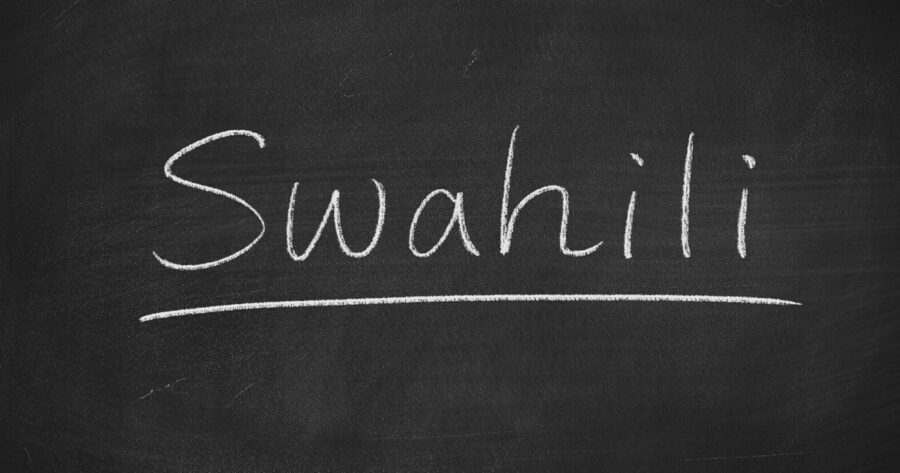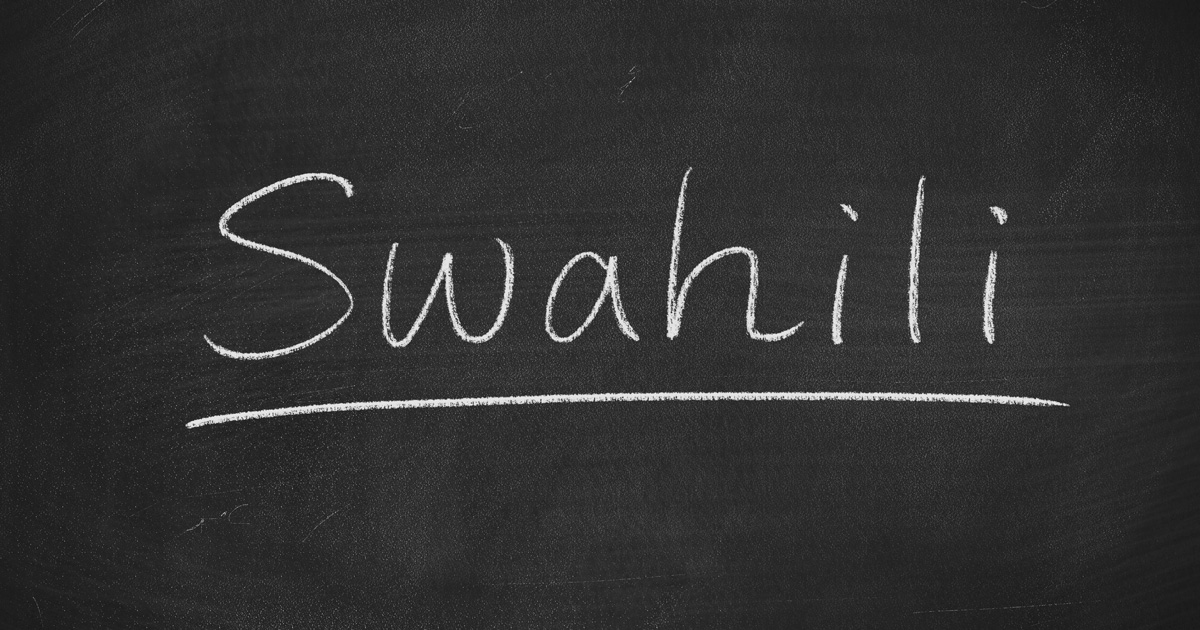
Introduction of Swahili in Schools to Help Decolonisation and Business in Africa
South Africa’s Basic Education Minister Angie Motshekga says the introduction of Kiswahili (or Swahili) in the National Curriculum Statement will go a long way towards contributing to decolonisation. It will also strategically help as Swahili is projected to become the official business language of Africa. “The introduction of Kiswahili Second Additional Language (SAL) in the […]

South Africa’s Basic Education Minister Angie Motshekga says the introduction of Kiswahili (or Swahili) in the National Curriculum Statement will go a long way towards contributing to decolonisation. It will also strategically help as Swahili is projected to become the official business language of Africa.
“The introduction of Kiswahili Second Additional Language (SAL) in the National Curriculum Statement will go a long way towards decolonising education in South Africa in particular,” the Minister said whilst tabling the department’s budget vote during a mini plenary of the National Assembly on Thursday.
“It will promote social cohesion and also assist in the Africa Continental Free Trade Area – the world’s largest free trade zone, which was launched in January 2021, to unify Africa as a single market to develop the African continent.”
Swahili is an official language of the East African Community, which comprises Kenya, Uganda, Tanzania, Rwanda, Burundi and South Sudan.
Motshekga said Swahili is the widely spoken language in Africa, and is projected to be the business language of the African continent and will play a significant unifying role.
“We were supposed to pilot Kiswahili Second Additional Language (SAL), in Grades 4-6 in 2021-2023. However, our plans have been thwarted by the Covid-19 pandemic. As a result, the primary focus for schools is currently on the teaching of Home Languages and First Additional Languages as fundamentals.”
Khoi, Nama and San languages offered as second languages
Motshekga also said the department has decided to expand the list of second language offerings into the curriculum. Current languages include: isiZulu, isiXhosa, isiNdebele, Siswati, Tshivenda, Xitsonga, Sepedi, Sesotho, and Setswana in schools.
She said: “The additional languages are the Khoi, Nama, San languages, as well as the South African Sign Language (SASL) – thus concretising the Constitutional mandate of promoting and creating conditions for the development and the use of all official languages,” she said. – SAnews.gov.za
